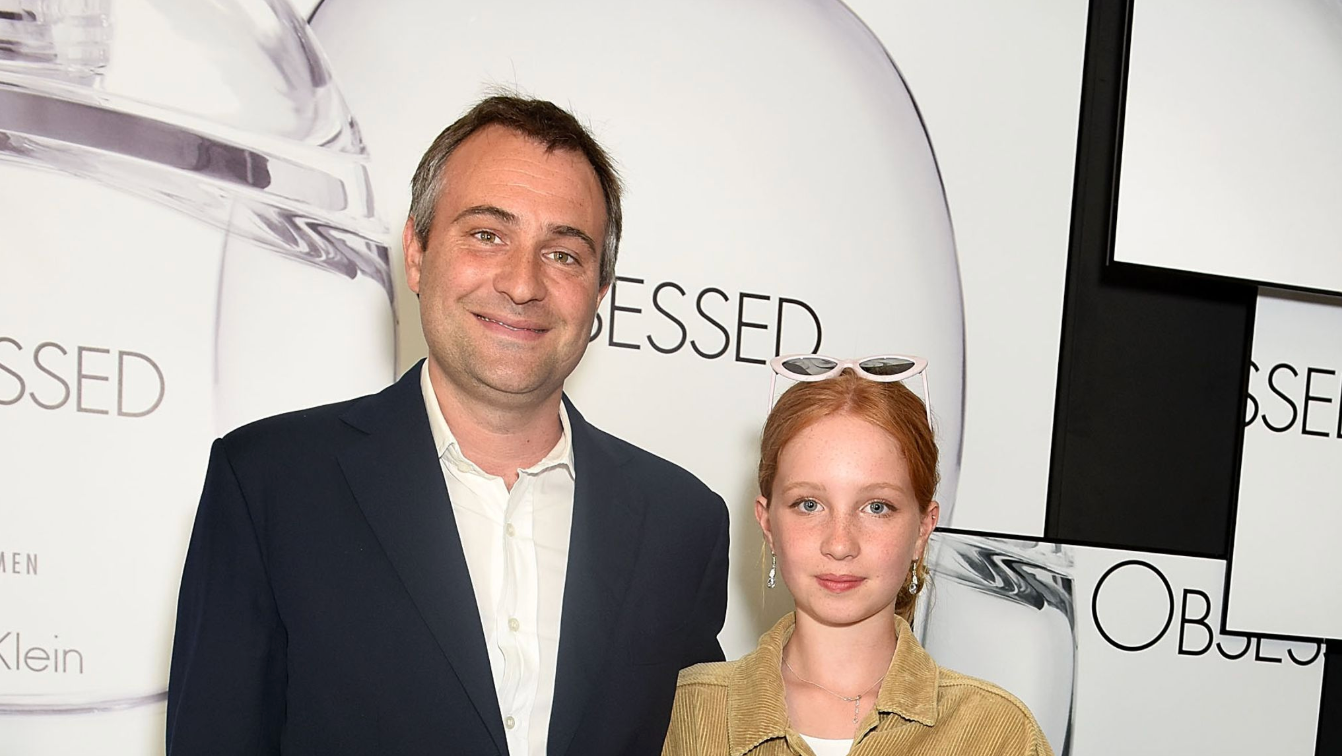
REAL TALK - with BEN GOLDSMITH
If you look up Ben on the internet, you'll read of his financial expertise and his profound knowledge of our natural environment. Both are true. I sat down with Ben at his London home, to talk a little further and for the purposes of this article, I will be spelling Nature with a capital -N. I suspect you'll understand why if you finish this...

MF: What is your day-to-day?
BG: I'm always up by 06:30, having always planned to have 8hrs sleep ...this doesn't always happen!
I'm the first up and I go downstairs to make-up the bottles for the two youngest (there are 5 children live in this house!), and two cups of tea, for Jemima and me.
By 7:15am it's all go and by 07:50, we're walking as a family across Primrose Hill to school.
I've always had a dual-life, either in finance focused on sustainable and environmentally-oriented investing, which has built me a name within green industries.
And my 2nd, parallel life has been in Nature, including Nature policy, re-wilding and for example 5yrs spent on the board of DEFRA as a Nature champion. I'm pleased to say that landowners and farmers can now only get subsidies if they are demonstrating that they're delivering public good and improving Nature. Michael Gove was the secretary of state at that time, who has allowed this to happen.
Since I was young I felt that my fascination with Nature was something more than just a passion and the loss of my daughter Iris in 2019 really brought it home to me that this is my everything - it's what I care about most.
Conveniently my two lives hitherto of finance and Nature, have now coalesced into one. Nature has now been recognised as an infrastructure, with monetary value. But historically that's not been recognised and Nature's been valued at zero.

There's an acknowledgement that hills for example, covered in wetlands, grasses and meandering streams, sequester water and act like sponge landscapes, protecting us from droughts or flooding for example.
Investors are now rebuilding Nature and getting paid for the impact that that has in reducing flood risk for example, or mitigating pollution and then there's voluntary carbon credits too.
Having now sold both of my investment vehicles (Menhaden and Wheb), I am now figuring out ways to persuade investors to allocate large sums of money to this thing called Nature. I feel now that people are beginning to adhere to 'a return to Nature' not for love, but because they're getting paid to do it. There is inherently value in doing this.
Having now sold both of my investment vehicles (Menhaden and Wheb), I am now figuring out ways to persuade investors to allocate large sums of money to this thing called Nature. I feel now that people are beginning to adhere to 'a return to Nature' not for love, but because they're getting paid to do it. There is inherently value in doing this.
REAL thought: Necessity is the mother of invention and Nature is that necessity.

MF: What would you love to do more of?
BG: I crave time in Nature. Today the best I will get is a Lime bike ride across Regent's Park and I'll make a point of detouring close to the scrubby edges of the park, just so I can get a glimpse of proper wildness, hear the birdsong and feel a moment of connection to Nature. I Co-chaired the rewilding task force with Sadiq Khan and London is now an example around the world for other cities on how to thread wild, natural resource through an urban environment.
I am never happier than when I am outdoors in the open, with my tools, physically exerting myself, thinning trees, pruning and preserving my wonderful natural environment.
The most important catalyst to Nature functioning at its best is disturbance. It's beavers gnawing at and toppling trees, bison trampling down grasslands, elephants knocking stuff over, wild boar rootling around and digging up the earth - Nature thrives on disturbance.

MF: How does movement and exercise help you mentally and physically?
BG: Physical exertion takes me out of time, in the very same way that a connection with Nature does. If I can blend the two together - then so much the better. Time can feel like an illusory treadmill and so both of these give me glimpses of being out of time, allowing me to reset, be present and in the immediacy of felt experience.
Physical tiredness is so satisfying. I feel better for it, I sleep better, my appetite is better and I need it for my overall wellbeing.
I'm not one for prescribed exercise - I've never done the gym. Well, never say never, but I do one hour a week of yoga for mobility and flexibility, and that's it from an organised physical perspective.
I walk all day long, I physically tussle with my children everyday without fail (children need physical play!), I run up-&-down the stairs in London and when I'm at home in Somerset - I'm outside all day, doing things, shifting stuff around, standing up and I don't stop. I can out walk anyone! There is loads of scope for me to do more, but functional training and lifting weights I just don't want to do that...yet! I cannot do a day at a desk, or indoors and I don't watch TV, it makes me feel weak.
I'm obsessed with my cricket - it's my Bro-time and time with my dearest coterie of friends... we play every other weekend through the summer. The satisfying ache at the end of the day, surrounded by my friends and my children running around, a cold whisky in-hand, this is when I know my life is in perfect balance.
A weekend of togetherness, outdoors, playing sport, win or lose - this is a peak experience for me.

MF: How do you cope with hard things?
BG: Errm, I think there's a certain amount of coping inherently within us. In the same way that when we hurt ourselves physically, if we just rest, our bodies recover. If you just listen to your instinct and let your body tell you what it needs, it will be apparent to sleep, cry, sit, talk, eat or run.
Julia Samuel wrote a book called 'Grief Works' and fundamentally it is saying that grief is a process, which cannot be rushed and your body will tell you what it needs. Just treat yourself gently, don't do things you don't want to do or have conversations you don't want to have etc. When you feel a build up of emotion or anxiety, that feeling is looking for an outlet and it's really important that you exorcise that, so just lie and cry until you have pins-&-needles in your hands and lips if that's necessary. It's so good for you. Just surrender to the process and trust your own instincts.
Contact with Nature, i.e. contact with the non-human, timeless world is critical. We see it everywhere, with patients improving their recovery, prisoners becoming less violent, folks becoming less depressed - we viscerally need Nature. Nature reflects something ethereal at us that we can't quite articulate. It is a physical manifestation of all the mindful, spiritual, soulful elements of this world that we cannot articulate.
Whether it's diving into water, cycling across Regent's Park, noticing the birdsong of 10mins - it is an immersive mechanism for making us all feel better.
Also, we are supposed to live as a community - this belonging or togetherness is universal. Isolation is a really destructive mechanism in this modern world.
REAL thought: It seems as if every invention or innovation that makes life 'better' or 'faster' is lauded for its convenience, but at what cost? We are sleep walking towards a world of hyper-connectivity, but increasing distance from each other and a day-to-day world devoid of human richness. Everyone simply feels more alone.

MF: What one thing can you not live without?
BG: The biggest thing I couldn't imagine living without is my wife - Jemima. At the same time there is not one thing that I could not go on living without. There is plenty that I fear losing.
Please let Jemima outlive me!
MF: What's your favourite day of the year?
BG: I like Christmas. I love the build up, the cosy nesting and the gluttony of Christmas. But it is also the one time of year when the outside world are not knocking on my metaphorical door. It's a time of reflection.
MF: What would you like to get off your chest?
BG: I try to see the world through a positive lens. Sometimes I cannot, I'm human. It may be me getting older and less tolerant, but I see the rise of anti-social behaviour as a grave concern.
I'm talking basic stuff like leaving dog sh*t around, throwing litter out of windows, fly-tipping, people shouting in the street at night, or loud speakers on the train.
The world just feels more selfish now. I feel that a level of decency when I grew-up that just seems to have been degraded.
This is a choice. I believe society could address this. This is not a rural - urban thing, it's both. I would love it if society could view it a birthright for us all, to live in a more high-trust, civil arrangement with each other. I suspect that requires government to take a more zero-tolerance approach to anti-social behaviour.

REAL thought: There is nothing so natural as using our bodies to do what we were designed to do. In this fast and noisy world, a busy body brings a quiet mind. We are for all those who find peace in their movement.

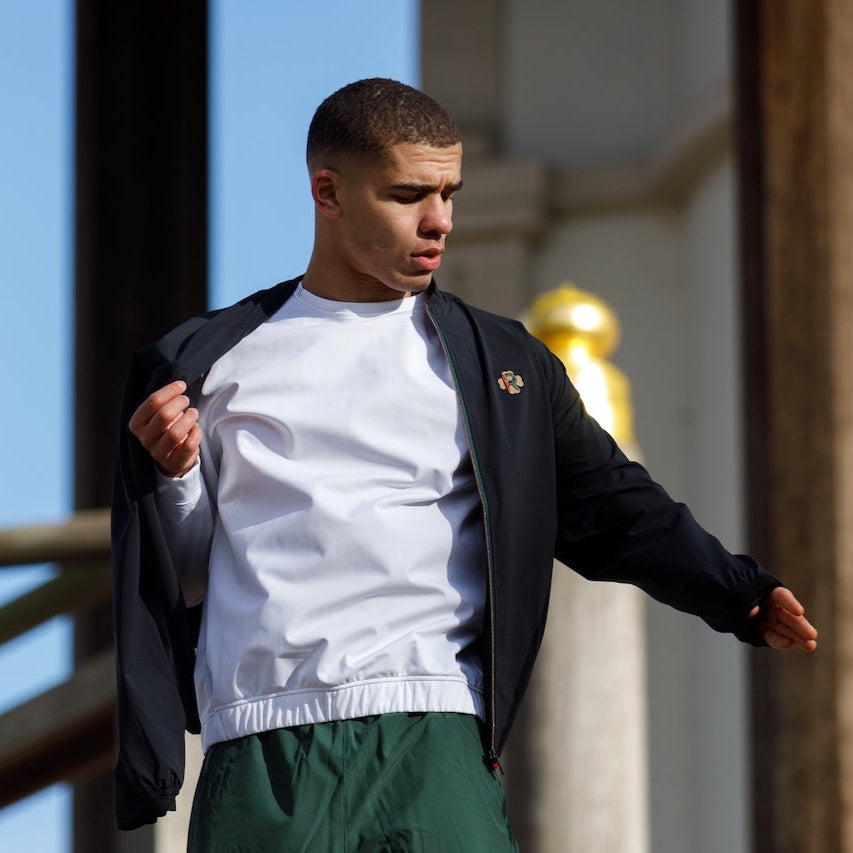
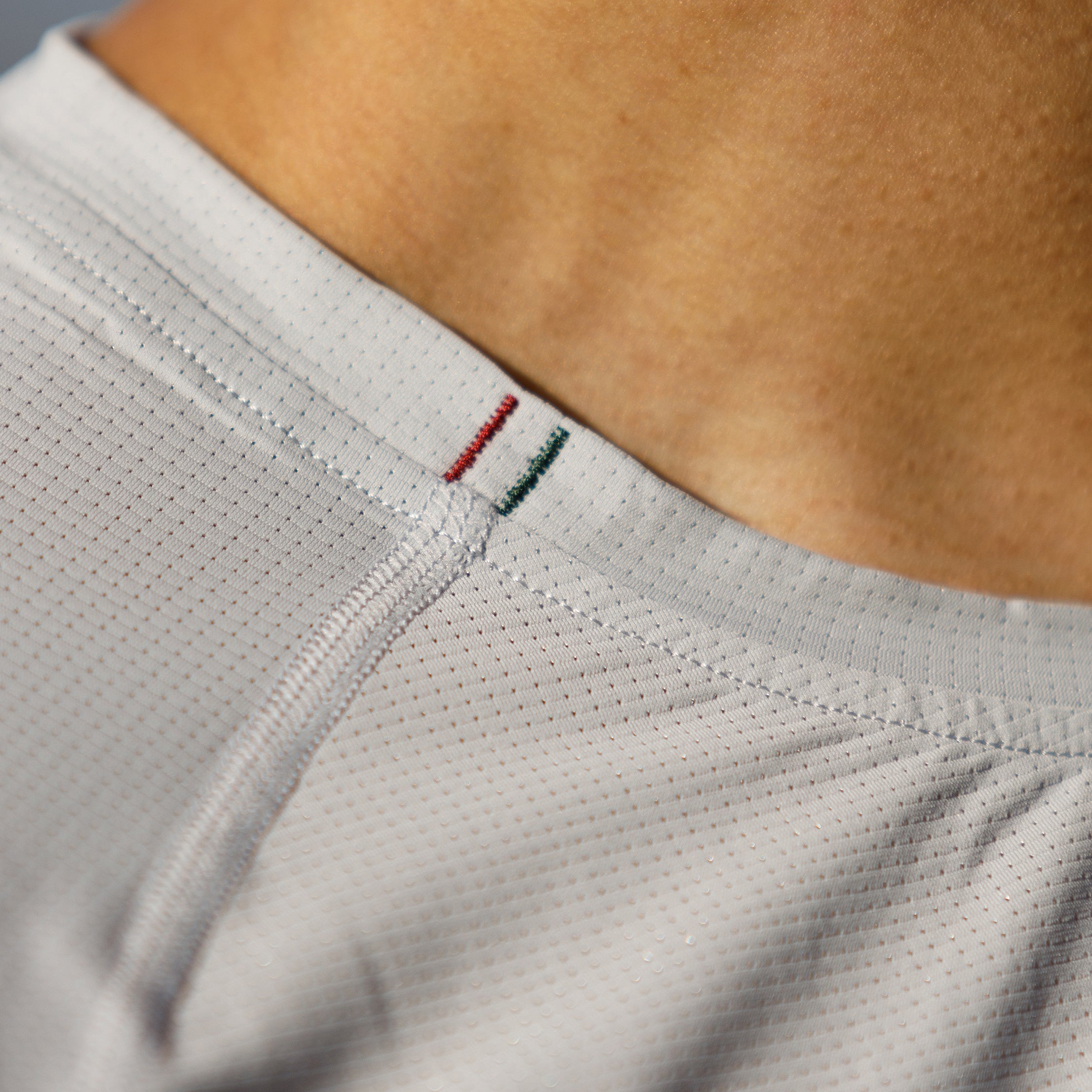
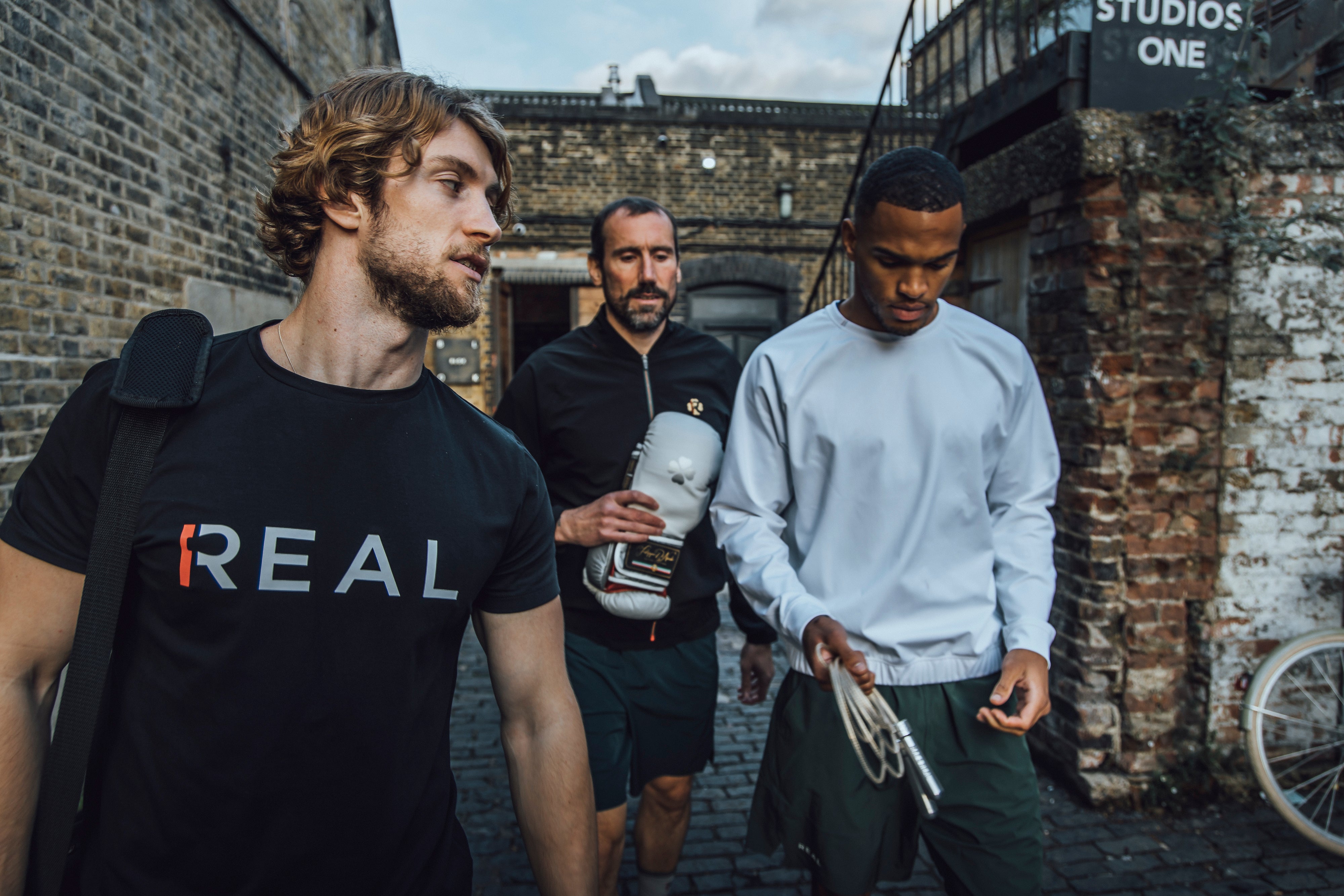
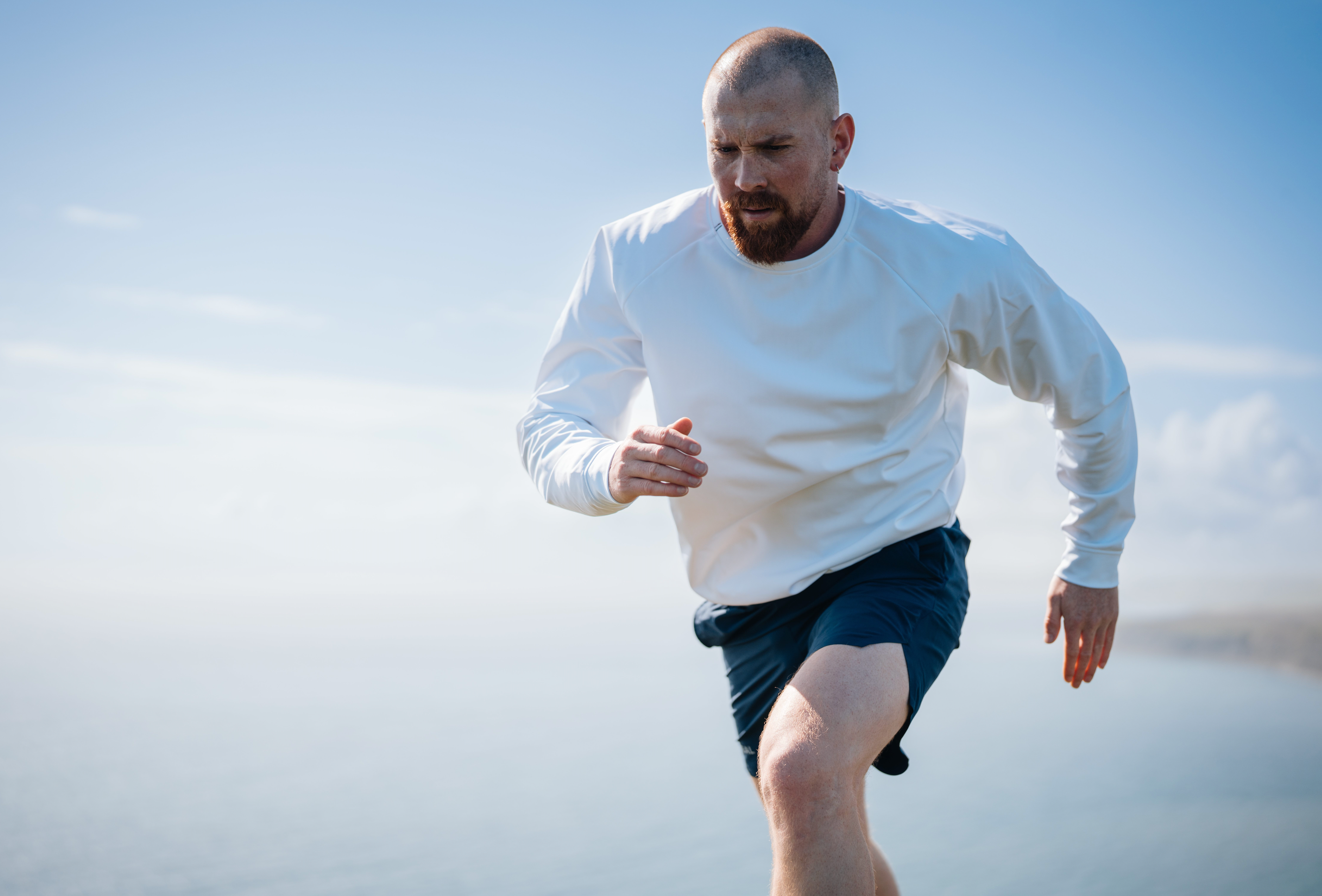
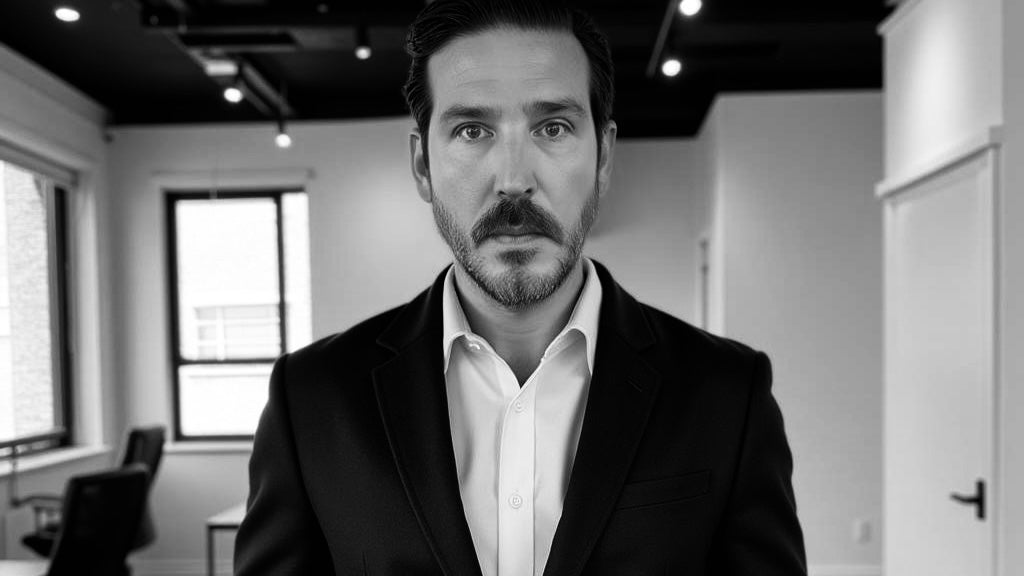
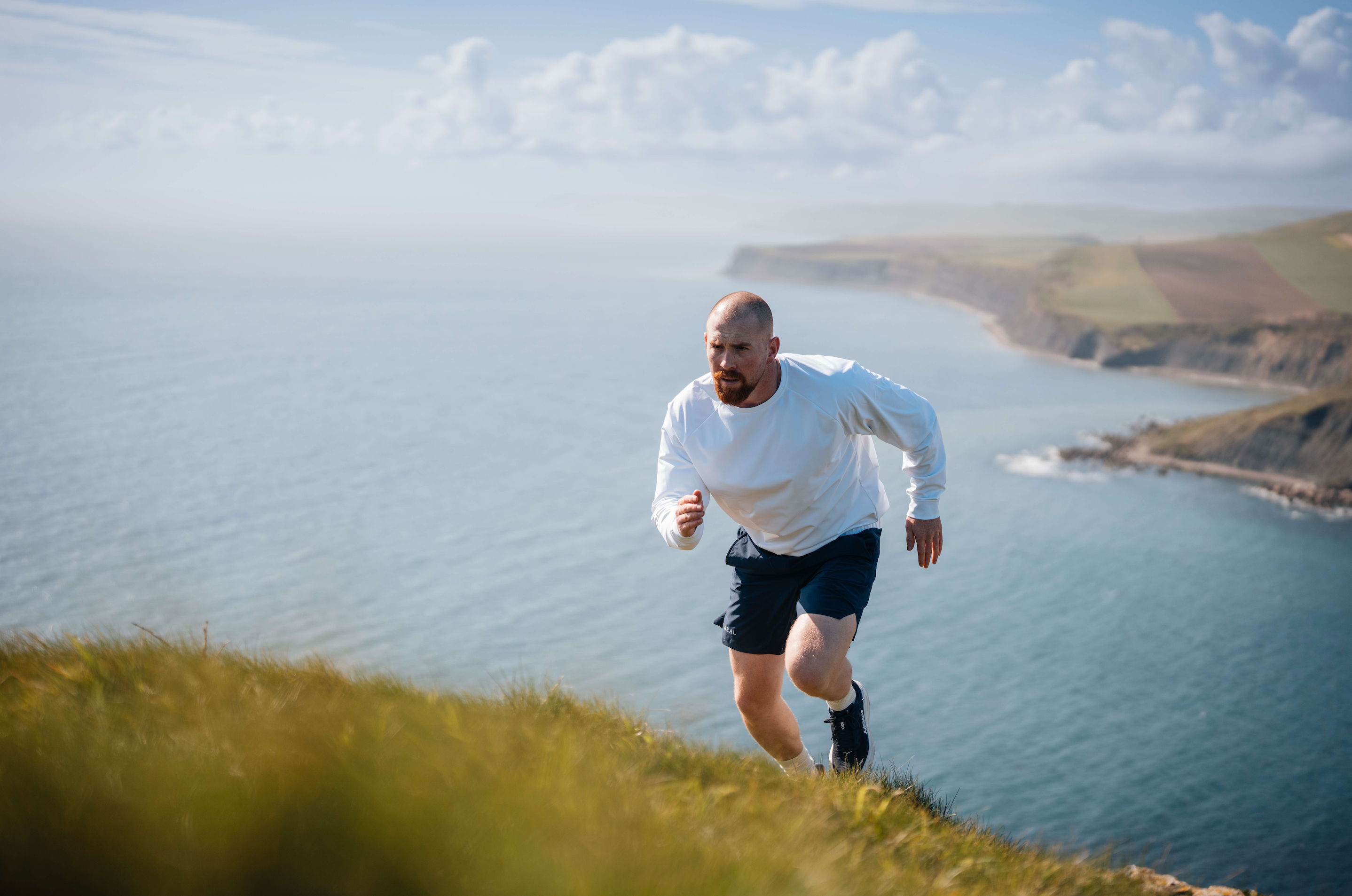


Leave a comment
This site is protected by hCaptcha and the hCaptcha Privacy Policy and Terms of Service apply.